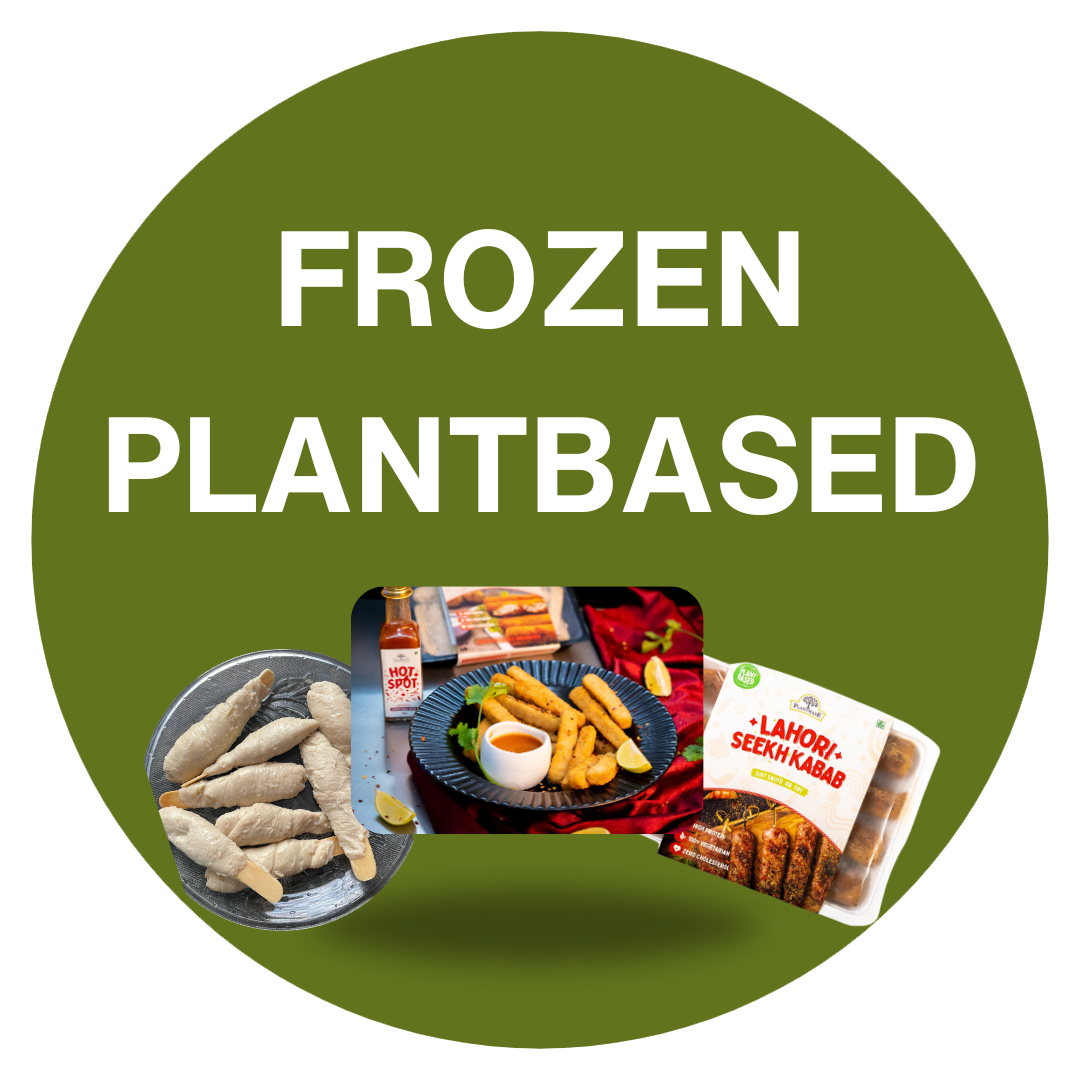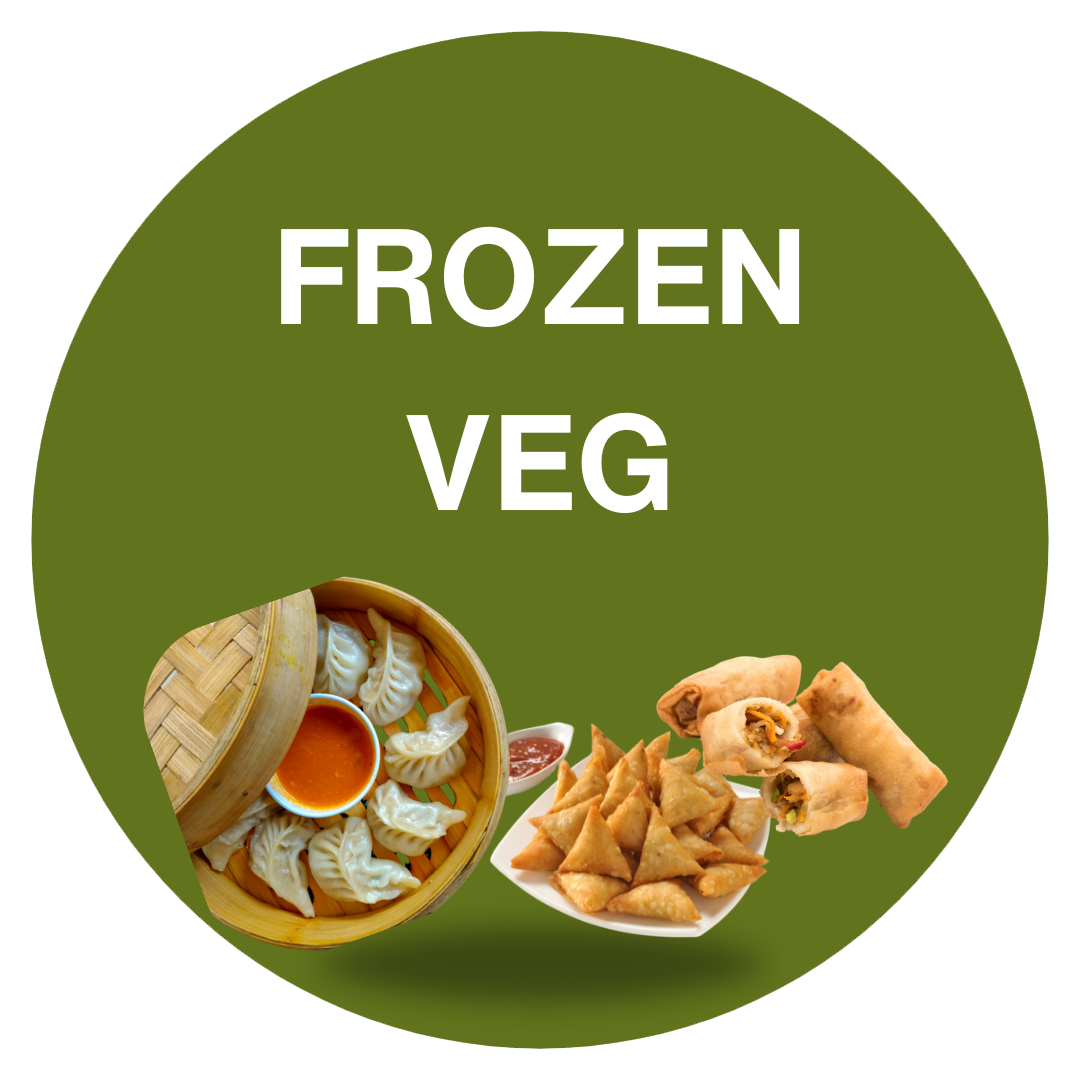Do you ever wonder whether eggs are veg or non-veg?
Some consider that since eggs are not animal flesh, they are technically vegetarian, according to the definition of vegetarianism as a diet that eliminates the ingestion of animal flesh (the meat, muscles or tissue of an animal). Many vegetarians eat eggs as part of their diet while avoiding birds, cows, pigs, fish, and any other animals. You're a "ovo-vegetarian," or a vegetarian who eats eggs, according to the nomenclature. Although some people perceive eggs to be vegetarian, they are obviously not vegan.
Is the debate indicates eggs being vegetarian? THINK TWICE.
The egg is made up of three parts: the shell, the yolk, and the white. The egg whites (albumen) are mostly made up of proteins, cholesterol, and fat, whereas the egg yolk is predominantly made up of proteins, cholesterol, and fat. Essentially, the yolk is the unhatched embryo that is devoured before to its emergence.

Eggs Come From Chickens, How Can They Be Vegetarian?
Vegetarians don't eat dead animals, and while eggs aren't dead animals, there's some debate about whether vegetarians should avoid eating foods that require killing animals, even if they don't eat the flesh. Caviar eggs, for example, are obtained by slicing open fish stomachs and extracting the eggs from within the fish. Although the eggs are vegetarian, the animal must die in order to acquire them. As you get at the cost of the animal's life, this makes them non-vegetarian...!
Salmonella on your plate!
Salmonella is carried via eggs, and it sickens thousands of people every year. Salmonella causes food poisoning, which can cause stomach pains, diarrhoea, vomiting, and even organ failure or death in extreme cases. Salmonella has infected hens and their eggs as a result of the dirty living circumstances of hens. Keeping eggs off your plate is the only way to avoid all of the fat, cholesterol, and germs they contain.

Plant-based eggs : Nutritionists Take on Health..!
Alternative vegetarian proteins are on the rise and show no signs of slowing down. Plant-based chicken tenders, sausage patties, and even beef jerky are rapidly becoming available on supermarket shelves.
What's the most recent cuisine to undergo a vegan makeover? Eggs are a type of food.
For health concerns, many individuals avoid eating eggs. No matter where they come from, eggs are rich in fat and cholesterol and lack fibre. Researchers have discovered that increased cholesterol levels are connected to an increased risk of heart attack in several studies. There is a 2% increase in your chance of having a heart attack for every 1% rise in the quantity of cholesterol in your blood.
In contrast, every 1% drop in cholesterol lowers your risk by 2%. Atherosclerosis, or the accumulation of cholesterol, fat, and cells in the arteries that supply the heart, is accelerated by high cholesterol—anything above 150. A part of this muscle loses blood flow when these arteries get obstructed. A heart attack occurs as a result.
Nutritional as well as ethical benefits of plant-based eggs:
If you're thinking about trying egg-free eggs, you're undoubtedly concerned about nutrition and ethics. Certain nutritional and environmental benefits make certain items stand out.
Vegan eggs are cholesterol-free since they do not include any animal ingredients. This might be beneficial to heart health, as the Dietary Guidelines for Americans encourage ingesting as little dietary cholesterol as possible.
The environmental footprint of the egg-industry :
Even free-range egg-laying chickens emit greenhouse emissions, which contribute to climate change, according to one Trusted Source. This impact is reduced by choosing plant proteins over animal proteins.
Egg manufacturing has been in the news recently because of animal welfare concerns.
Furthermore, egg production, like that of other intensive crops, has significant environmental consequences, such as greenhouse gas emissions and land and water pollution.
The researchers looked at how extensive egg production affects 18 different environmental categories, including ozone depletion, climate change, terrestrial acidification, human toxicity, and land occupancy.

Going vegan is the way..!
If you're concerned about this, you'll probably want to be vegan and eliminate milk, dairy products, and eggs. But don't be concerned. There are a variety of ways to replace eggs in cooking and baking, including purchasing a commercial egg replacer. There are also many of vegan milk alternatives and dairy alternatives to choose from.
Plantmade’s Vegetarian Anda : Guilt-free solution:
India’s first nutritionally superior plant based alternative to eggs. The PlantMade vegetarian Anda Bhurji can ensure that your family gets quality vegetarian protein in their diet, without any cholesterol and with only 20% of the fats compared to a conventional egg.
Introducing India’s first vegetarian egg alternative.
- Made from Moong Dal and chickpeas.
- The perfect way to give your family high quality protein.
- Developed by The Indian Institute Of Technology (IIT), Delhi.
- Get more protein per gram than a real egg.
- PlantMade's vegetarian egg is cholesterol free and very low in fat.
- Great for use in scrambles, bhurji, fried rice, wraps, sandwiches, burgers, etc.
- You never have to worry about any antibiotics or diseases coming into your food.
- Made from locally sourced moong dal and chickpeas.
- No artificial preservatives or sugars.
- Great for people with lactose, soy, gluten, and nut allergies.
- It is a vegan, Jain and kosher product.
- PlantMade's vegetarian egg are great for a Keto diet or any other diet.
- PlantMade's vegetarian egg add variety in your vegetarian meals.

Why PlantMade’s vegetarian Anda?
PlantMade's Vegetarian Anda is a cruelty-free, cholesterol-free and allergen-free alternative to traditional eggs which have higher amounts of protein and is 100% vegan. Moreover, it has less than 1/5th of the fat present in a conventional egg. If you love eggs and are intolerant to eggs, PlantMade Anda is your best bet! You never have to worry about the possibilities of antibiotics or diseases. Let us all contribute to a healthier lifestyle, a healthier planet and a cruelty-free way of life.
Eggs, being a very good source of inexpensive, high quality and highly packed with protein, are truly a wholesome food. They are also rich in fats, Vitamin D, B6 and B12. While eggs are one of the most popular foods consumed world-wide, they also contribute to a higher risk of heart disease.




